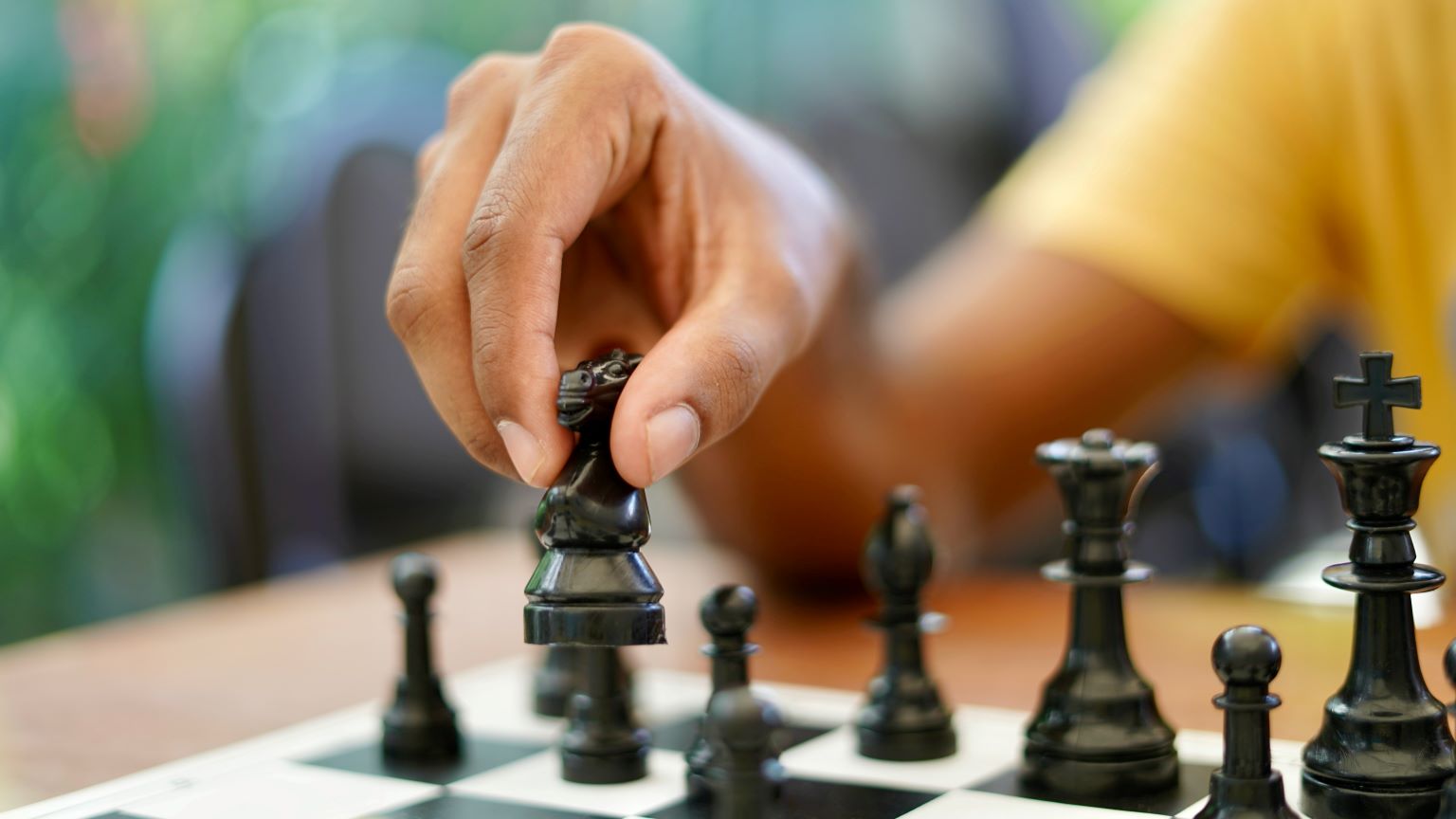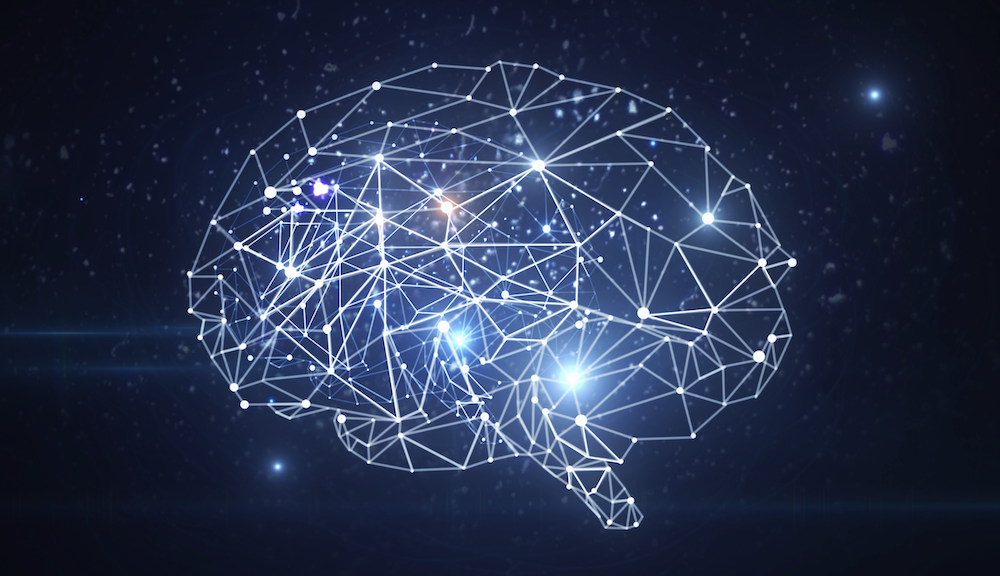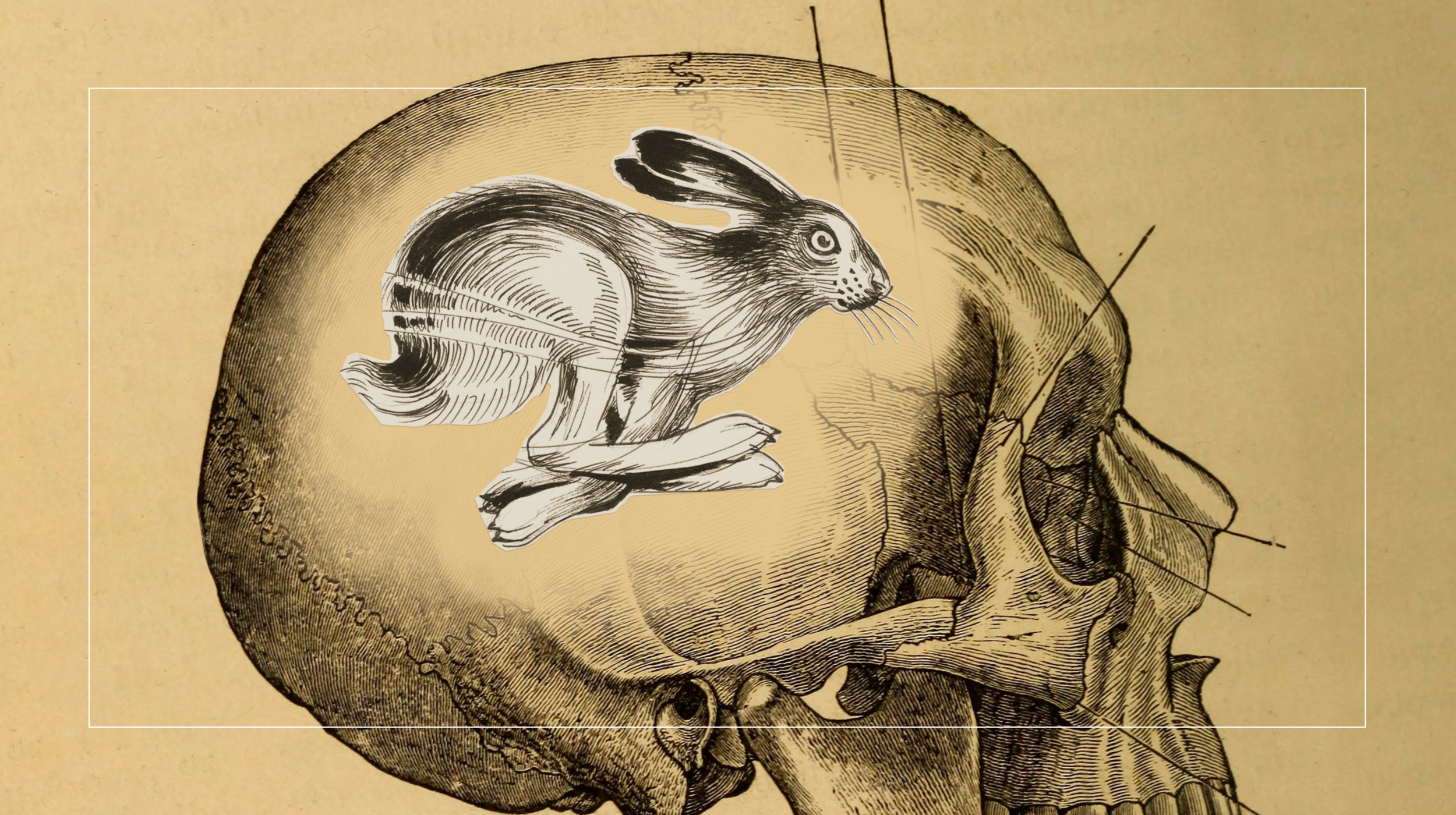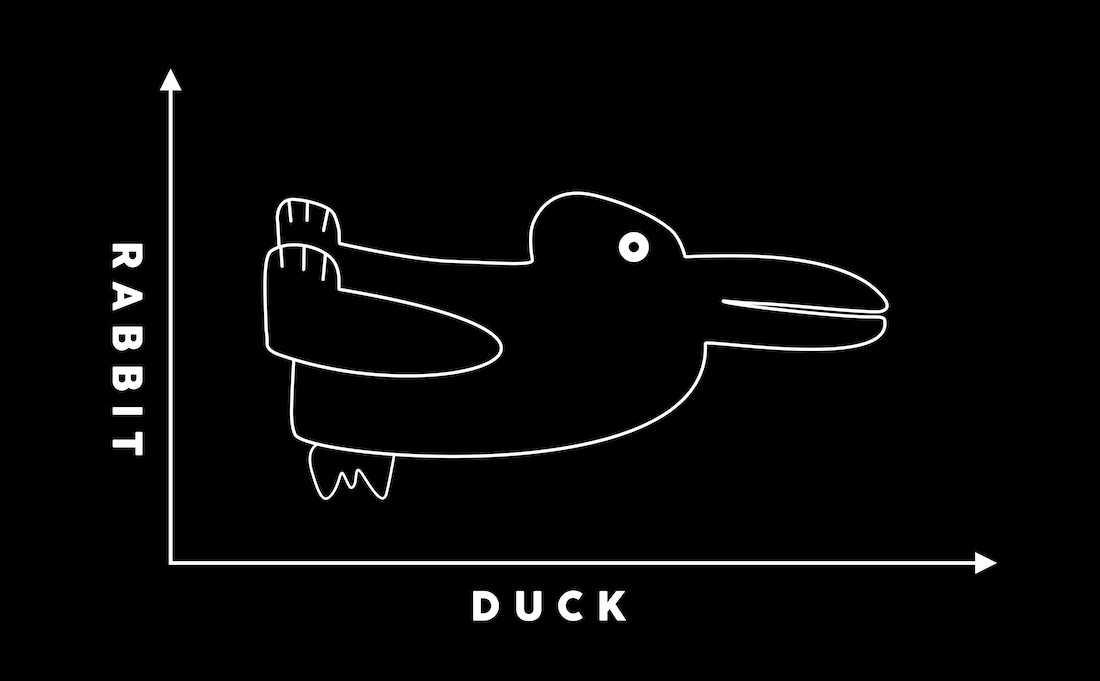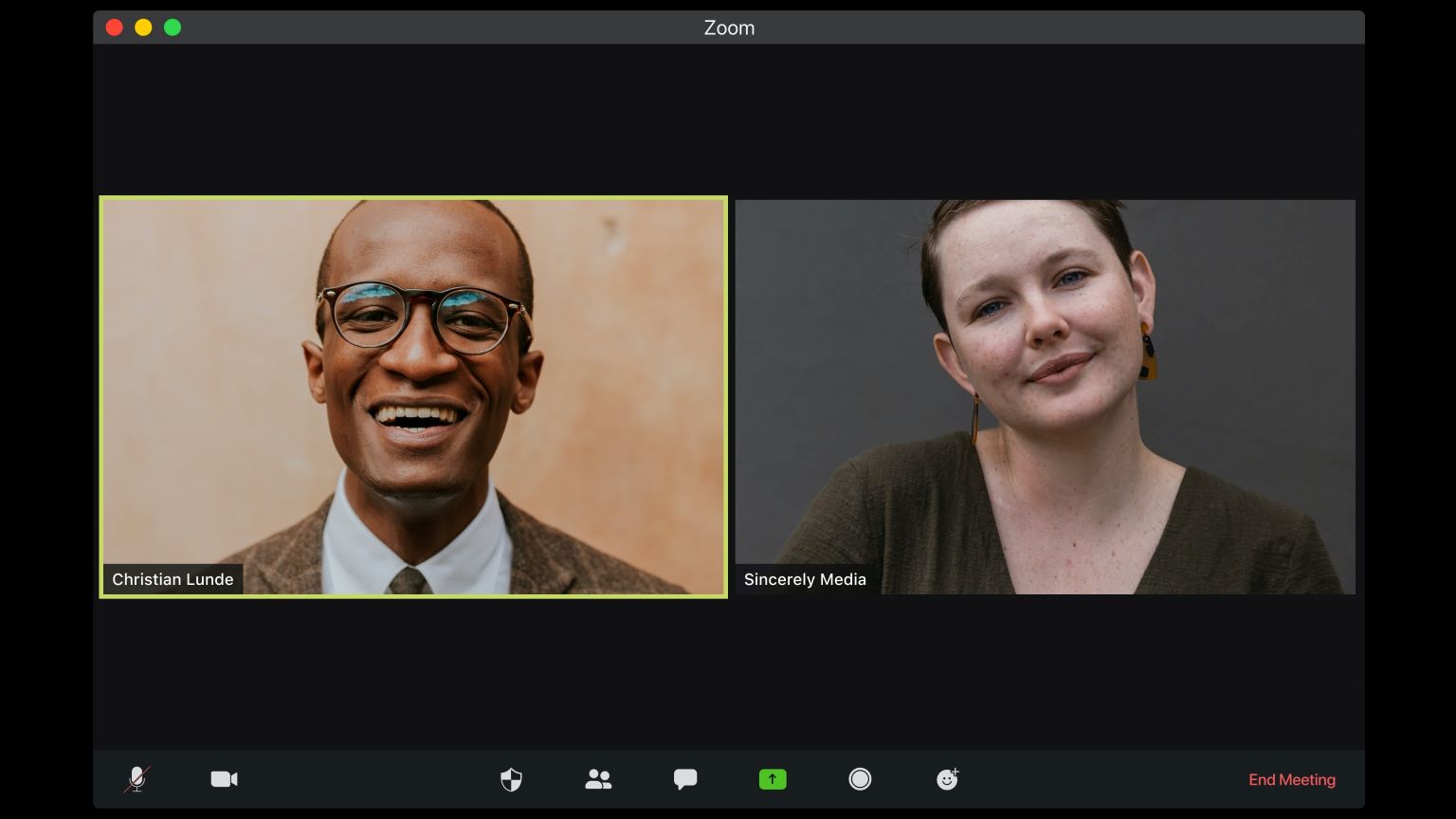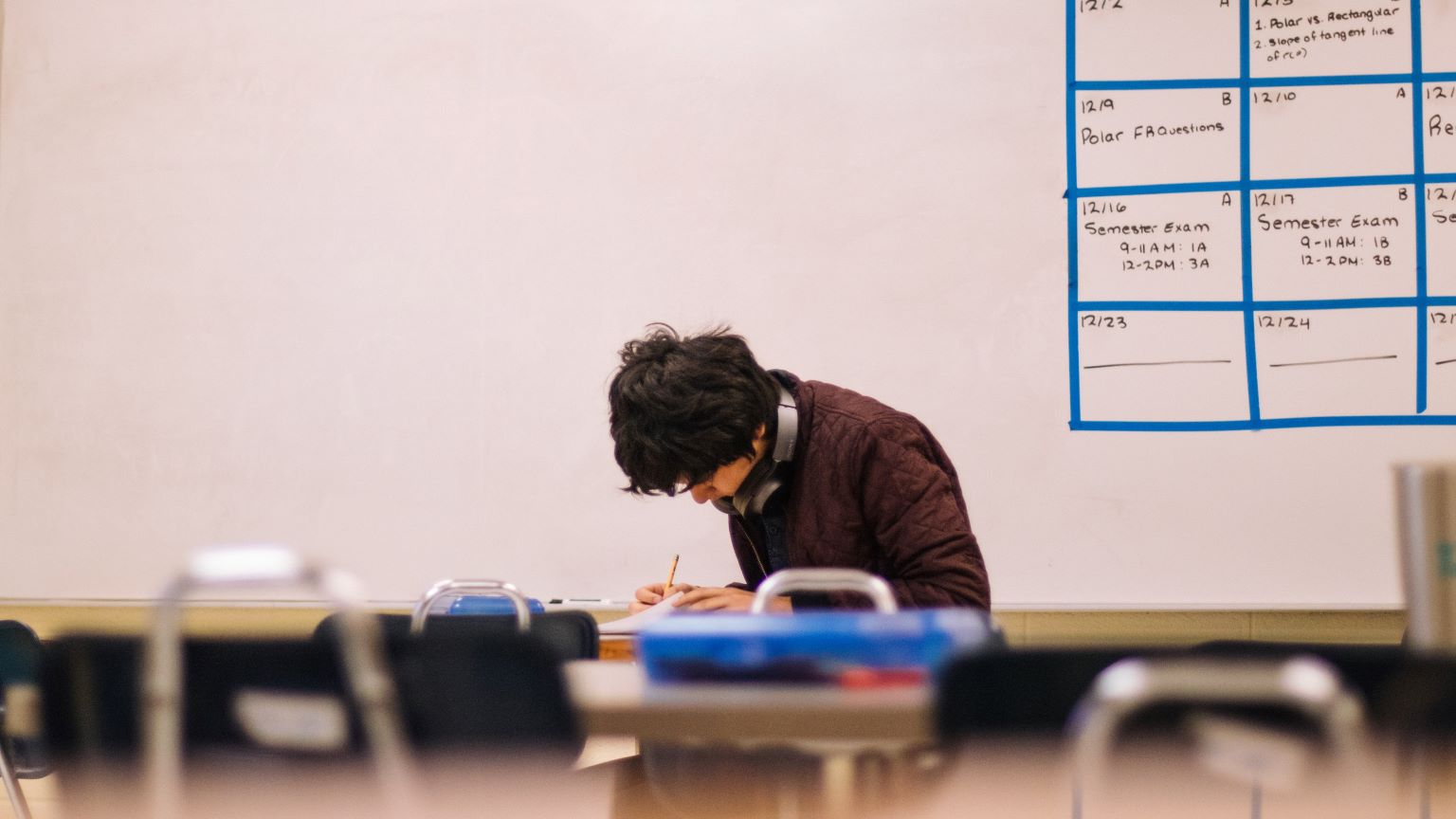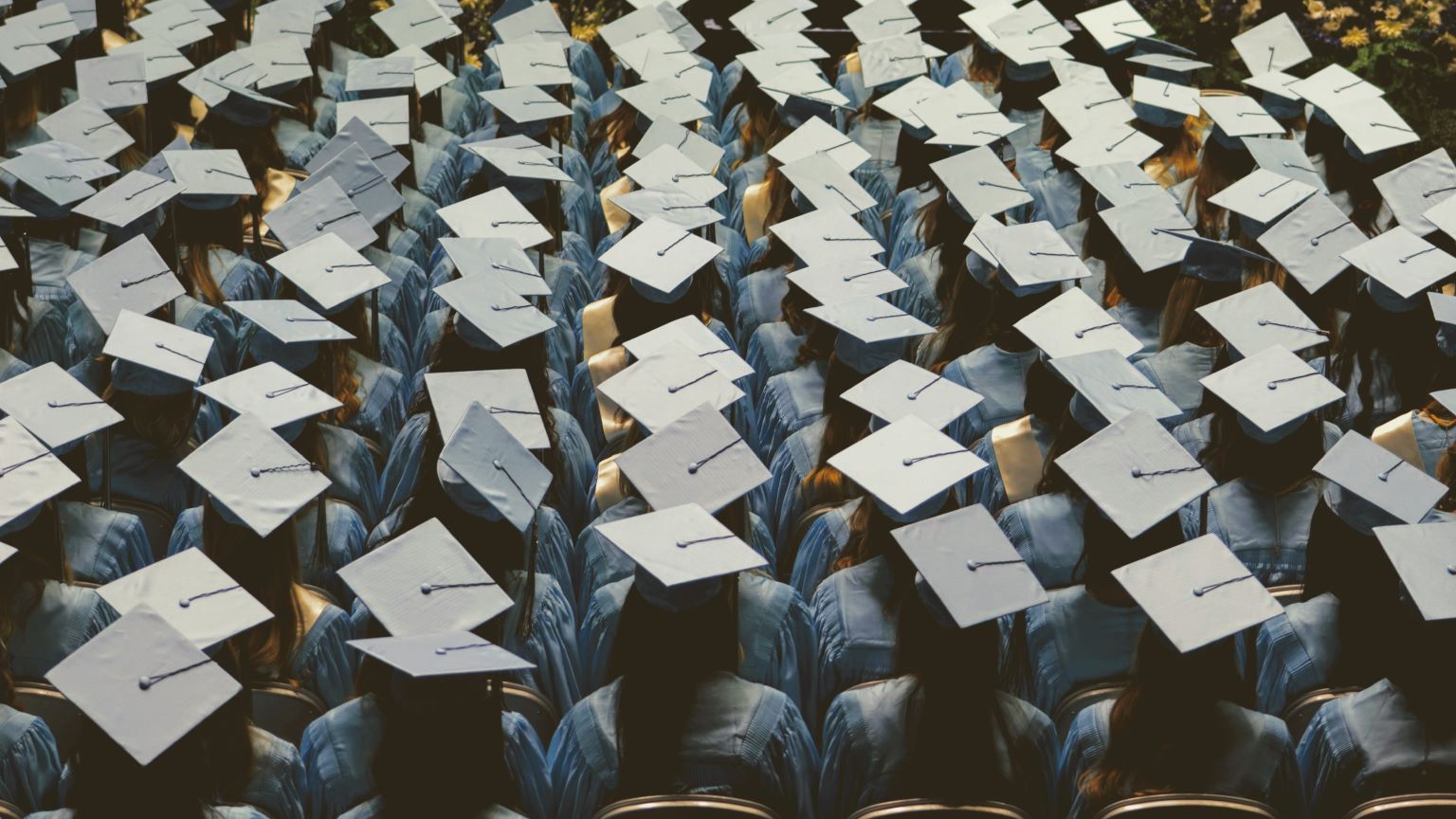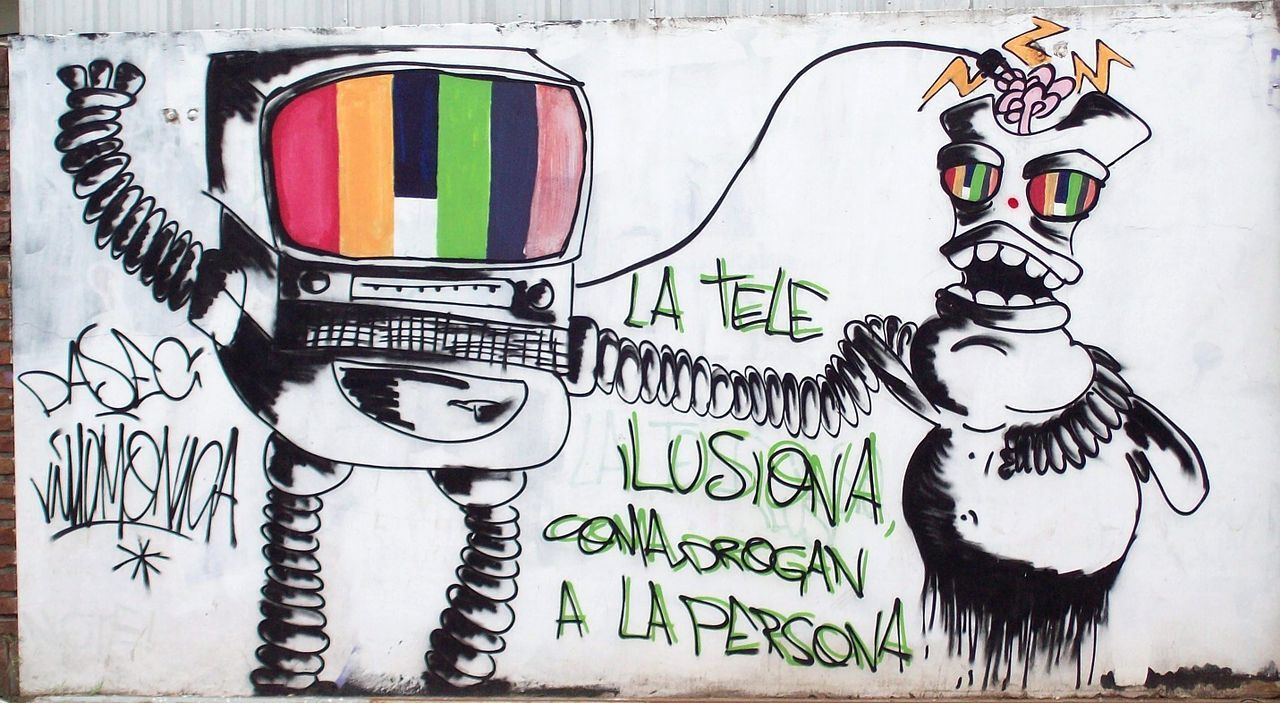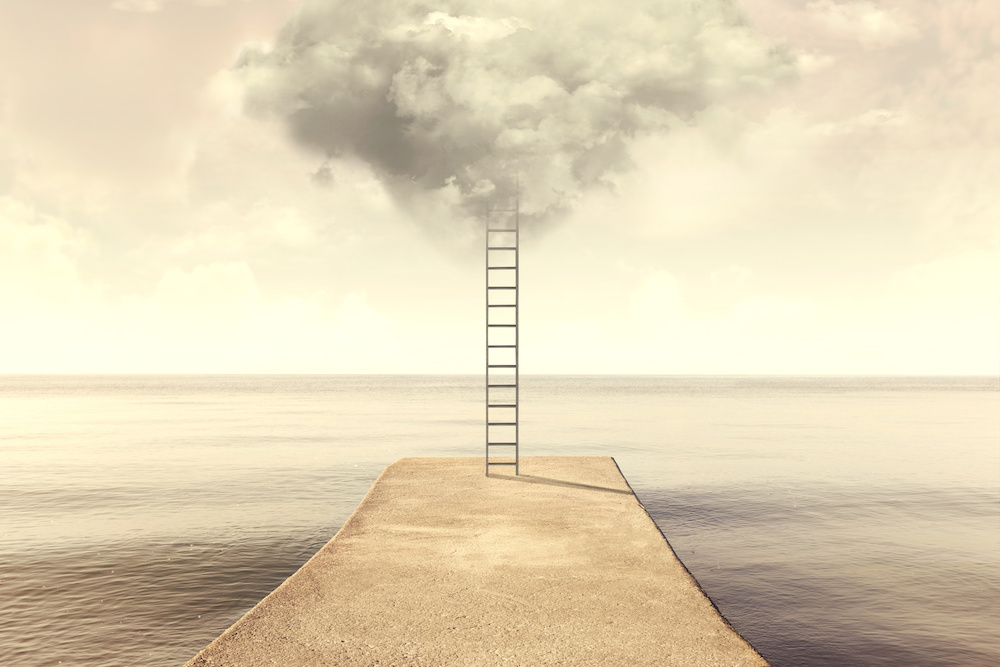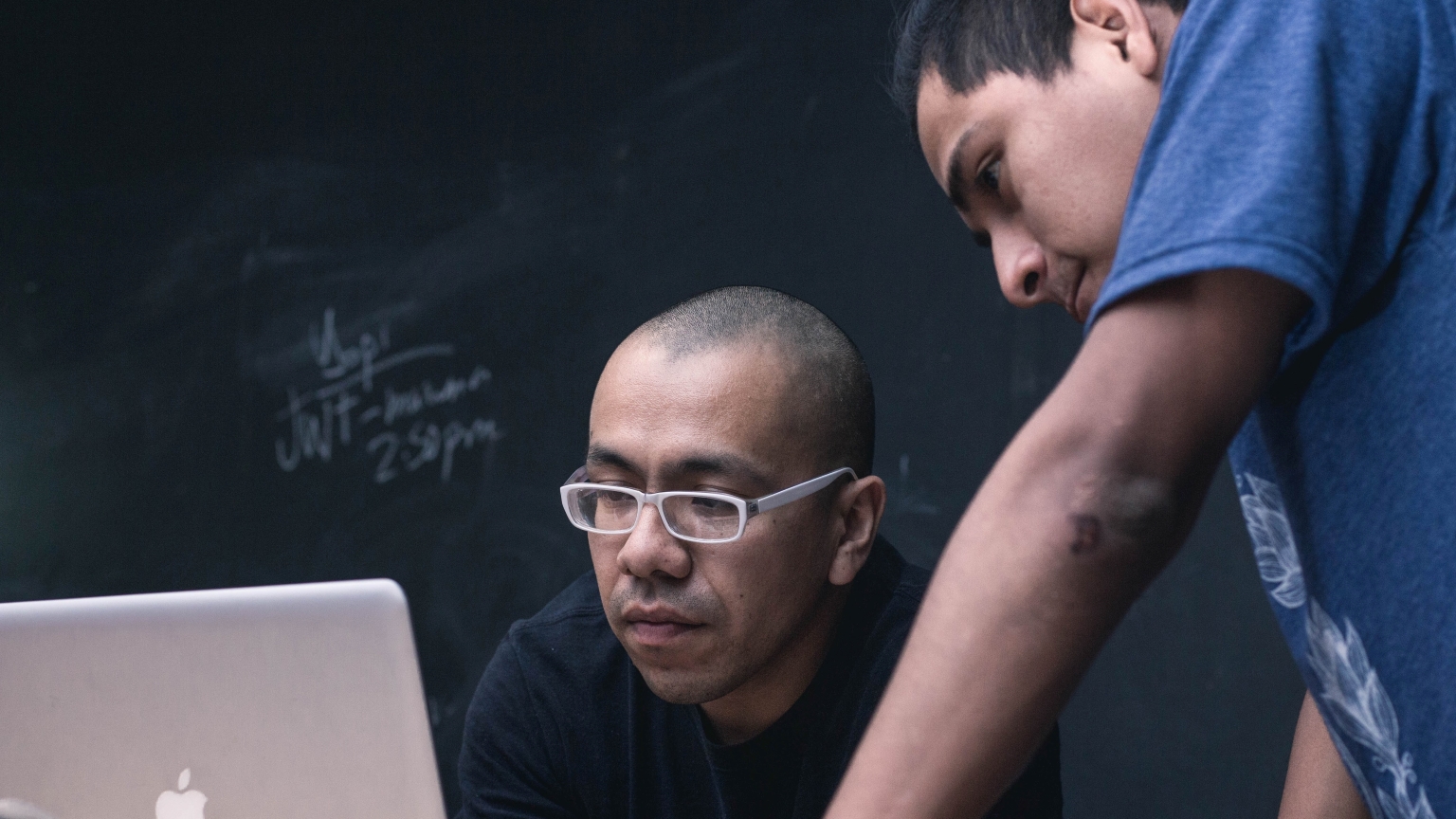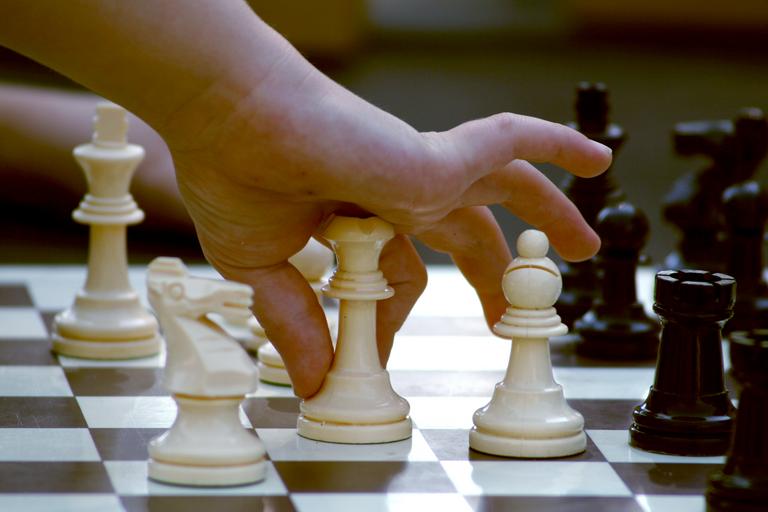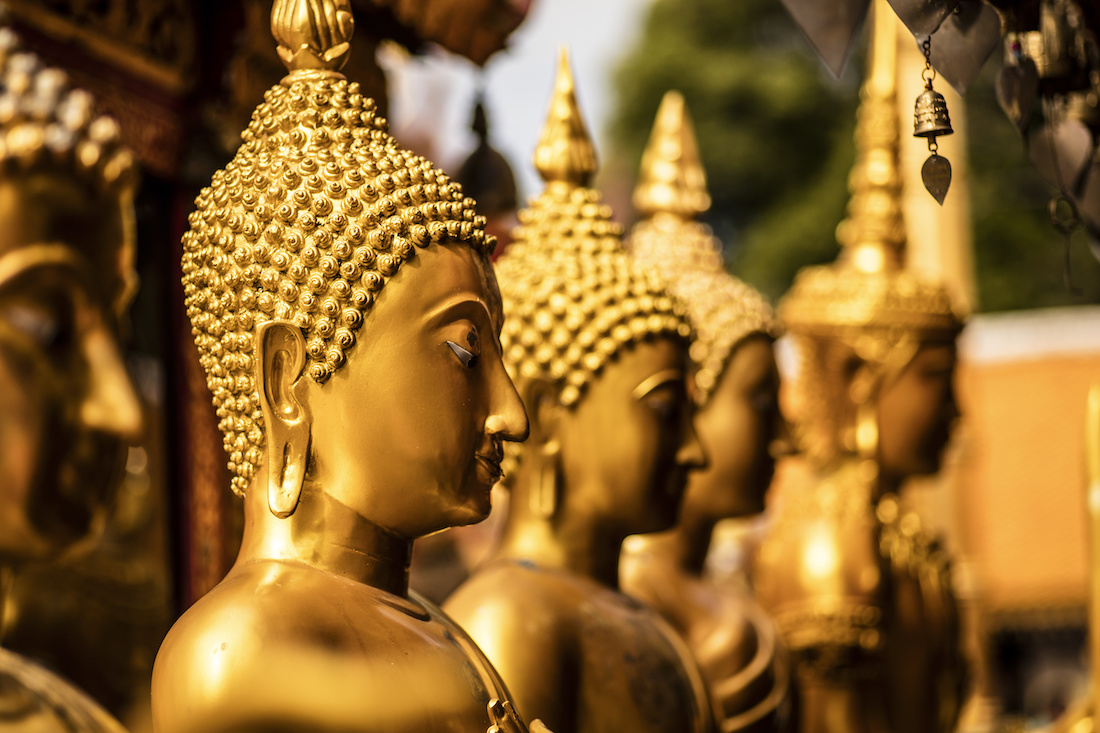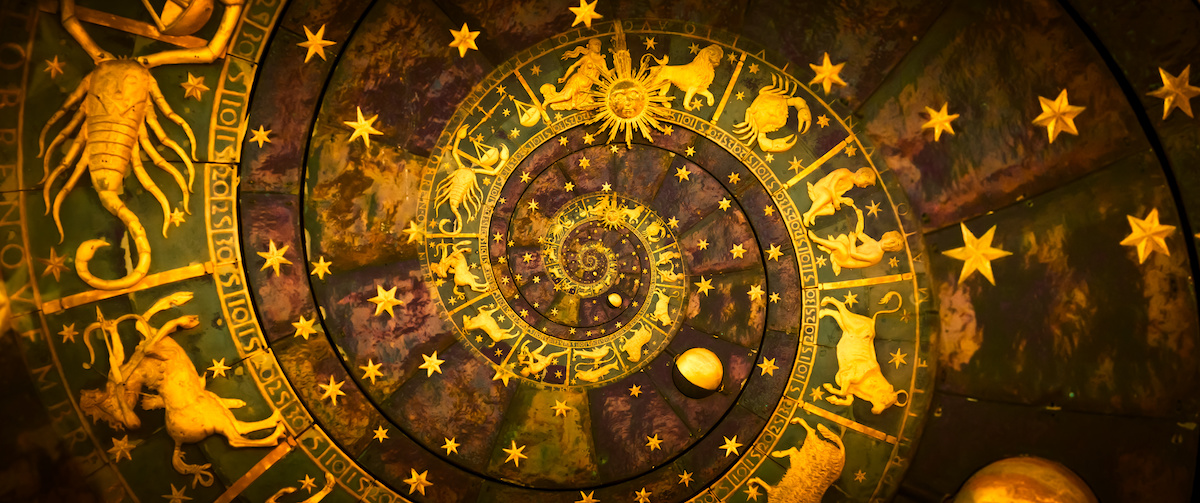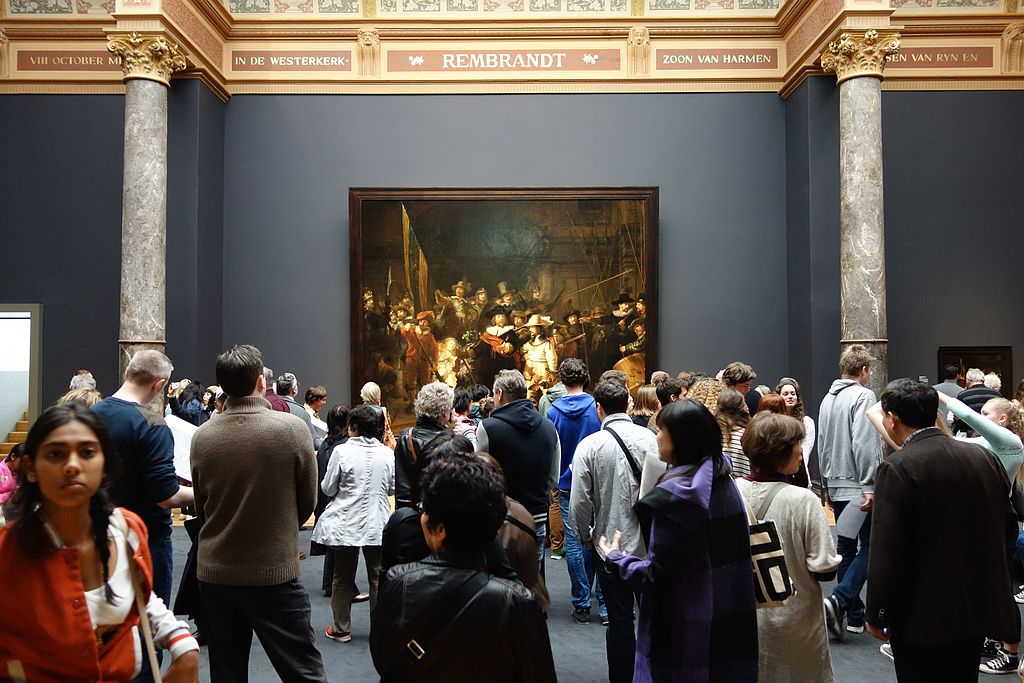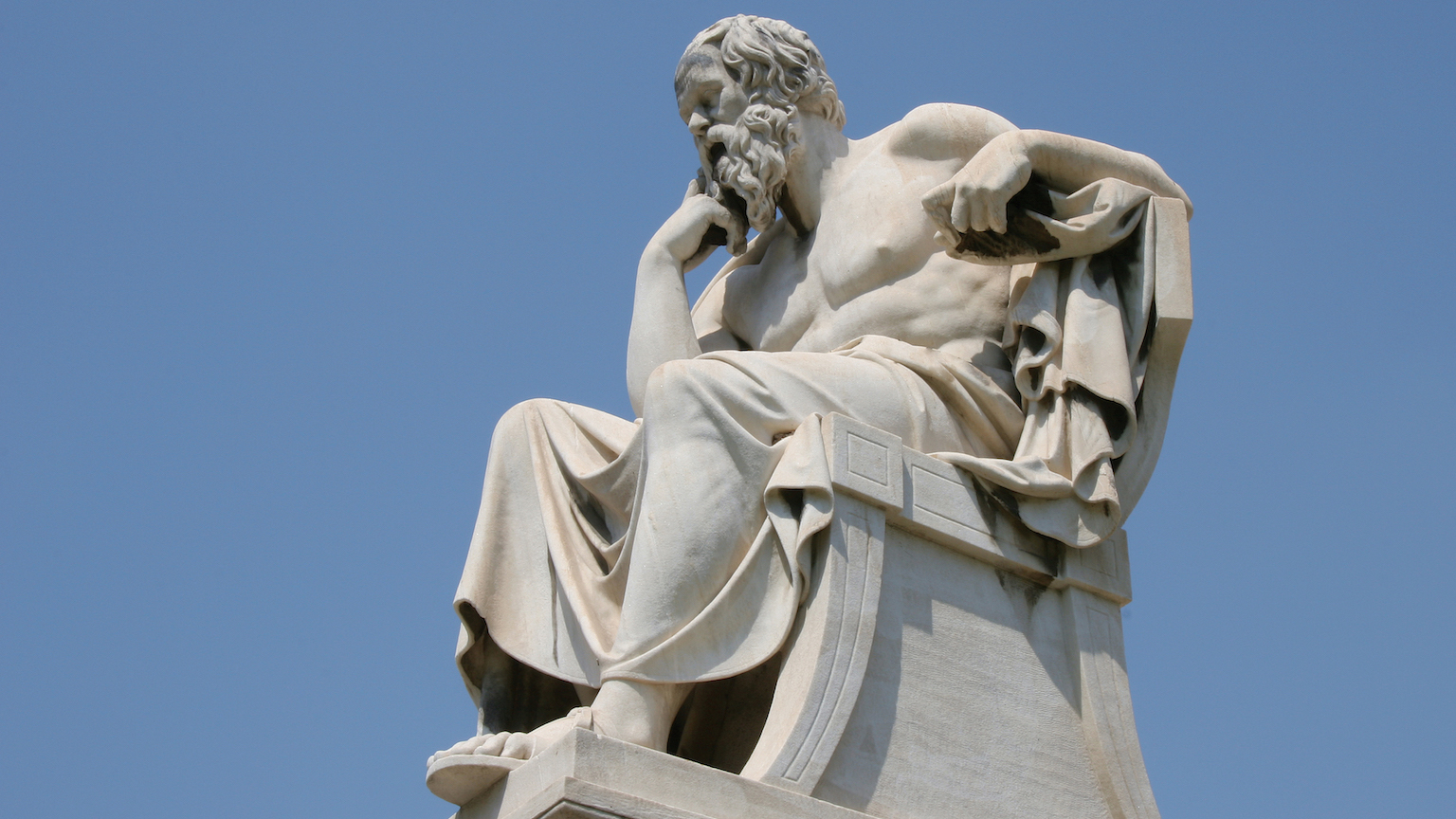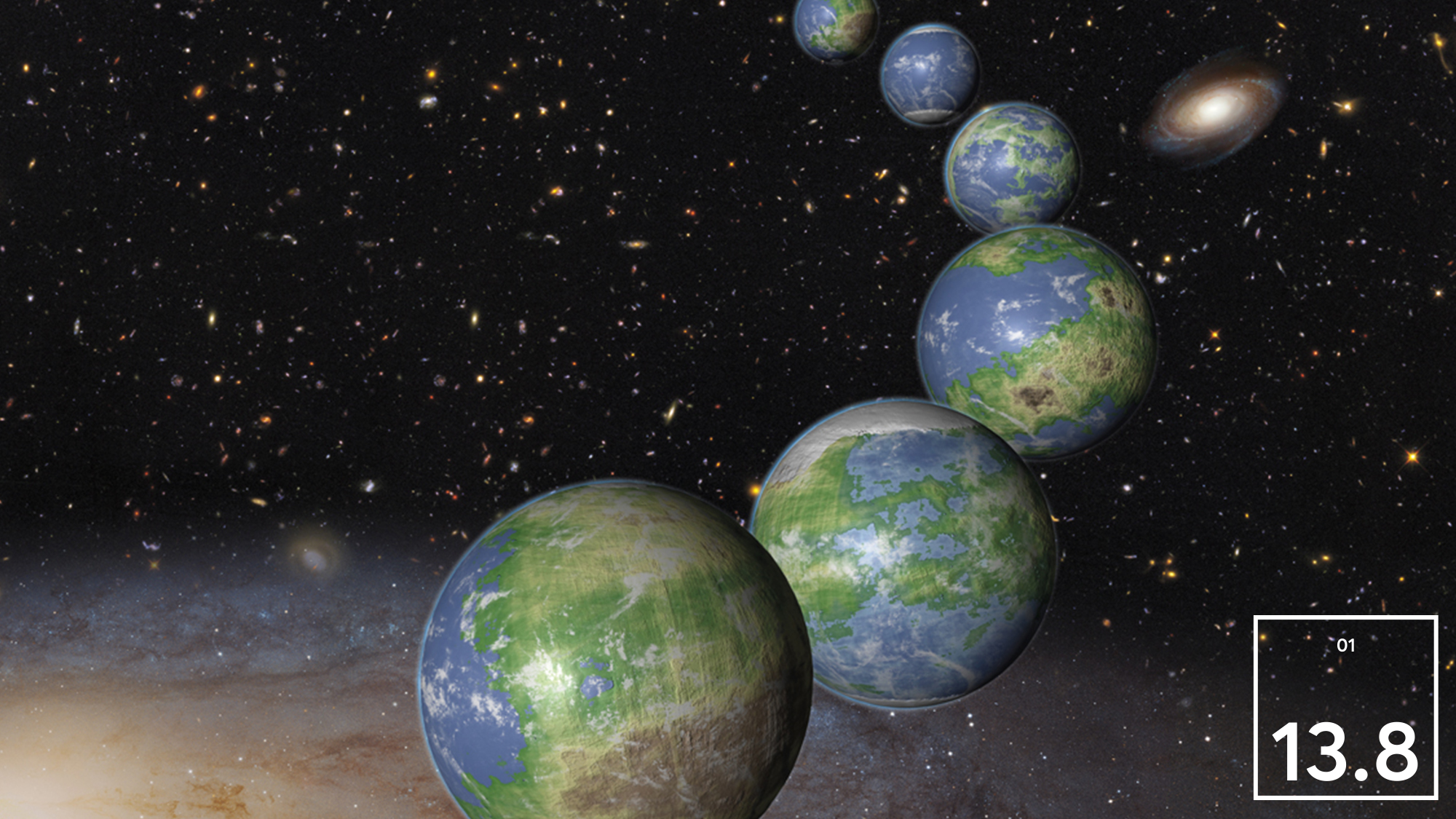critical thinking
In a new book, an MIT scholar examines how game-theory logic underpins many of our seemingly odd and irrational decisions.
Elastic thinking can reveal the assumptions that hamstring our ability to solve seemingly intractable problems.
People believe that slow and deliberative thinking is inherently superior to fast and intuitive thinking. The truth is more complicated.
“Who ya gonna believe: me or your own eyes?” Until you can assess your perception, the answer should be neither.
Not only that, but AI learns what type of faces we like.
I hate grading. I love teaching, though, and giving students feedback is teaching.
Psychologist Adrian Furnham has termed this effect the male hubris, female humility problem.
“I watched closely for the sun or stars to appear, to correct my chronometer, on the accuracy of which our lives and the success of the journey would depend.”
“It’s not a secret that legal language is very hard to understand. It’s borderline incomprehensible a lot of the time.”
The ranking is encouragingly diverse, with the top 10 featuring representation from five regions.
Memes communicate complex ideas quickly and efficiently, but that’s precisely what makes them so dangerous.
Africa has the most universities in the 2022 rankings with over two thirds of the world’s youngest universities.
It took a series of ingenious experiments in the 20th century to uncover some of our biggest cognitive biases.
Religion fosters traits that are helpful in a school system that relies on authority figures and rewards people who follow the rules.
And what if both parties are skilled at mirroring each other? Will it produce a stalemate?
More than a decade ago, Armenia made chess a required subject in school because it teaches kids how to think and cope with failure. The U.S. should follow suit.
Non-Western thought is vast and ancient, so why don’t some consider it philosophy?
When reading critiques that inflate the uncertainty of science, ask these 7 questions.
A professor of educational psychology explains what and what not to do.
In determining what qualifies as solid science, controversy is inevitable.
Or you might just be a Leo.
Released in 1972, “Ways of Seeing” has proven to be as worthy of study as the artistic traditions it investigates.
Truth needs us to define the rules, grammar, and criteria for true statements. But can we do this within language itself?
Learning styles are supposed to help learners take ownership of their education, but research doesn’t back up this well-intentioned myth.
The most unpleasant aspect of intellectual liberalism is that when speech causes emotional or mental pain, the offended parties are morally entitled to nothing.
We are more likely to agree with someone who also agrees with us. Young children, though, only trust themselves. We have to learn to trust.
We all employ heuristics to help us deal with the world. But when we make a hasty generalization, we risk making a big error in our thinking.
Our temporal experience of the world is not divided into a series of neat segments, yet that’s how we talk about time.
The mediocrity principle is often used to make claims about the abundance of life across the universe, but these claims are likely unfounded.
Why should we rely on scientific conclusions even though they cannot be proven? A new essay offers compelling reasons.
